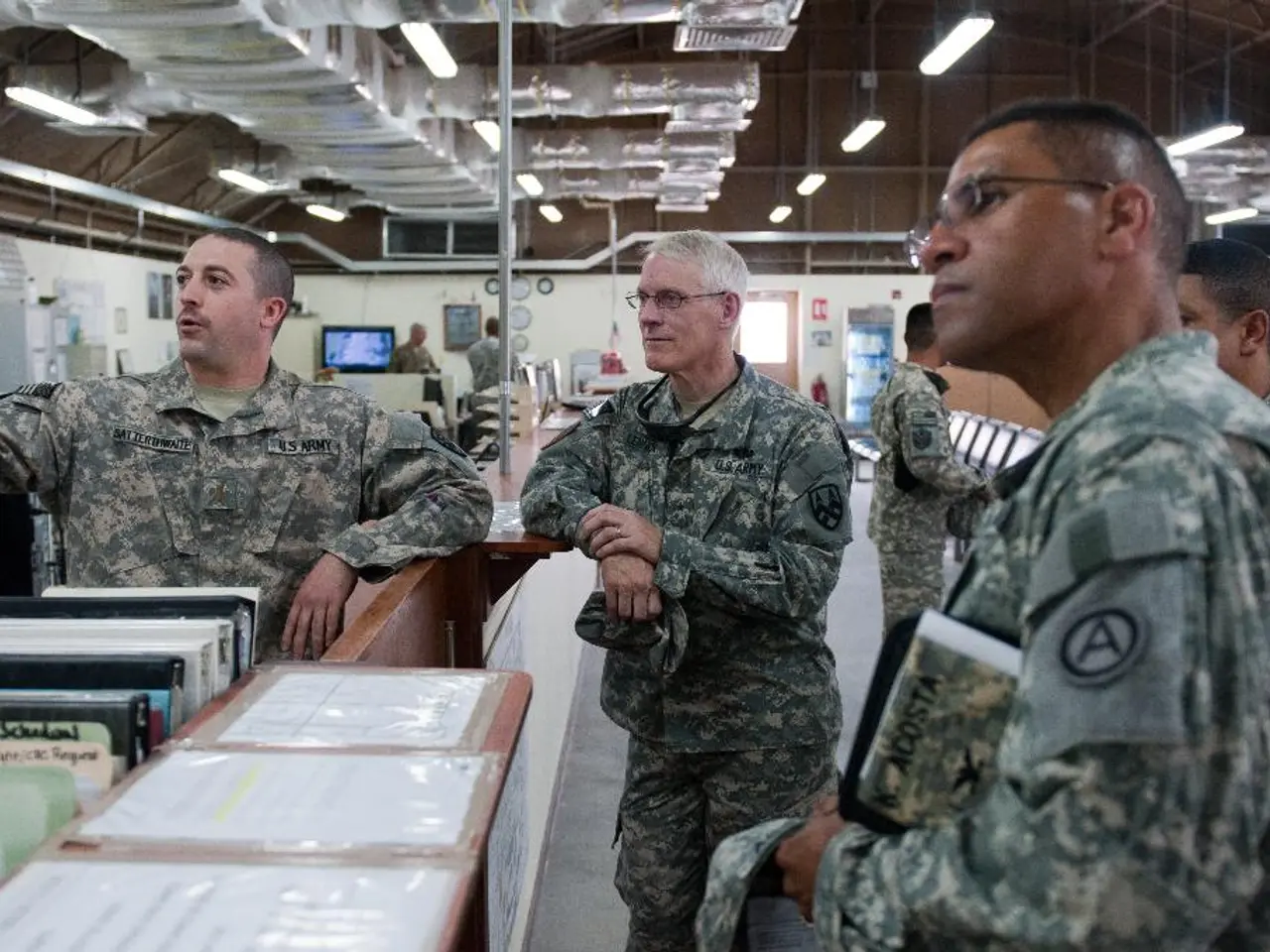Immigration regulations pose threats to the construction industry, industry leaders assert.
In a bold statement, the union slams the Government's proposed immigration measures for the construction sector, claiming it fuels uncontrolled immigration and enables mafia networks to exploit workers. This sector is desperate for over 120,000 workers to build roads, railways, airports, bridges, hospitals, housing, and schools.
This week, the Government signed the "Cooperation Protocol for Regulated Labour Migration" with business associations, aiming to expedite the hiring of foreign workers if they meet criteria such as employment contracts, health insurance, and adequate housing. However, the union wants to be a part of this process, citing their connections with unions in the workers' home countries.
Albano Ribeiro, the union president, asserts that the union is the best-equipped to handle issues on the ground, pointing out irregularities like unpaid salaries and inhumane living conditions that workers endure. The union advocates for the formation of a Commission consisting of the Government, the Construction Sector Business Association, and the union, arguing this is the only way to ensure foreign workers receive labor and social dignity.
Foreign labor migration regulation by unions is a significant influencer on worker conditions and labor rights. For instance, in the United States, unions seek stronger protections for foreign workers in sectors like construction. However, the Biden administration's efforts to enhance union rights for foreign farmworkers have faced pushback, and temporary foreign worker visa programs face challenges such as limited legal employer mobility, making it hard for workers to negotiate better conditions.
Collaborative international projects, like those between Germany and countries like Ghana and Senegal, feature innovative union-related approaches. The Global Skills Partnership model ensures migrant workers' skills align with labor market needs, strengthening vocational systems in origin countries and protecting migrant workers in the construction sector.
In essence, union involvement in foreign labor migration regulation in construction generally improves worker conditions and labor rights, but effectiveness varies depending on political will, regulatory frameworks, and enforcement mechanisms in each country context.
- The union in Portugal, advocating for a Commission involving the Government, the Construction Sector Business Association, and itself, believes this is the key to ensuring foreign workers at airports, building schools, hospitals, and other infrastructure, receive labor and social dignity.
- Given the challenges faced by temporary foreign worker visa programs in the United States, where unions strive for stronger protections but face pushback, it is worth considering the Global Skills Partnership model implemented in collaborative projects between Germany and countries like Ghana and Senegal, as a potential solution to address irregularities and improve general-news regarding worker conditions in the construction sector.
- The news of collaborative international projects focusing on unions in the construction sector, such as those in Portugal advocating for comprehensive worker protection, contribute to the broader discourse on business and politics, highlighting the significance of regulating foreign labor migration in ensuring fair work conditions and labor rights for a growing number of workers across airport and other construction sites.






